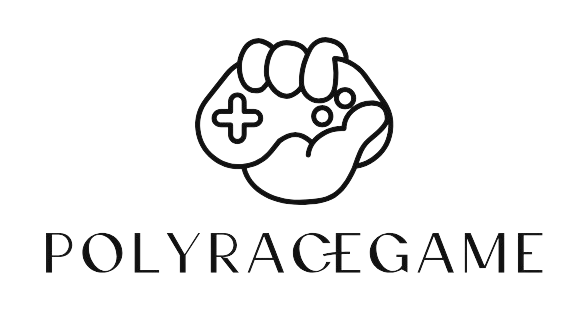Laser fat removal treatment has become a popular option for those looking to get rid of stubborn fat. This non-invasive procedure is effective, safe, and provides quick results. However, preparing for laser fat removal treatment is crucial to ensure optimal results.
- Consult with a Professional– Before undergoing laser fat removal treatment, it’s important to consult with a professional who specializes in this procedure. They evaluate your body and determine you are a good candidate for the treatment.
- Maintain a Healthy Lifestyle– Leading up to your fat removal treatment in Shreveport, LA, you must maintain a healthy lifestyle by eating nutritious foods and engaging in regular exercise.
- Stay Hydrated- Staying hydrated is another critical aspect of preparing for laser fat removal treatment. Drinking plenty of water before the procedure can help keep your skin hydrated and plump, making it easier for the lasers to penetrate deep into the skin layers.
- Avoid Certain Medications- Certain medications such as blood-thinning medications should be avoided before undergoing laser fat removal treatment as they may increase bleeding or bruising during or after the procedure.
- Shave Beforehand- If you’re getting laser hair removal along with your laser fat removal session, make sure that you shave beforehand as this helps improve the effectiveness of the lasers.
- Wear Comfortable Clothing- On the day of your appointment, wear comfortable clothing that allows easy access to areas being treated without causing any discomfort or irritation.
- Avoid Sun Exposure– Avoid sun exposure before and after laser fat removal treatments because exposure can cause hyperpigmentation or blistering which can lead to scarring.
- Avoid alcohol consumption- Alcohol consumption should be avoided 24 hours prior because alcohol thins out blood which could lead to excessive bleeding at injection sites during liposuction procedures.
- Plan Ahead – Make sure that someone is available to give you transportation if necessary because sometimes patients feel dizzy or lightheaded after receiving anesthesia.
- Follow Aftercare Instructions– Aftercare instructions provided by professionals should be followed rigorously and diligently. Among these instructions are to avoid strenuous activity, to take prescribed medications, and to wear compression garments so as to prevent further injury.
To ensure optimal results are achieved from these treatments there are various steps one needs to take including consulting with professional healthcare providers, maintaining healthy lifestyles, taking certain precautions regarding medication intake, sun exposure, and avoiding alcohol consumption.
